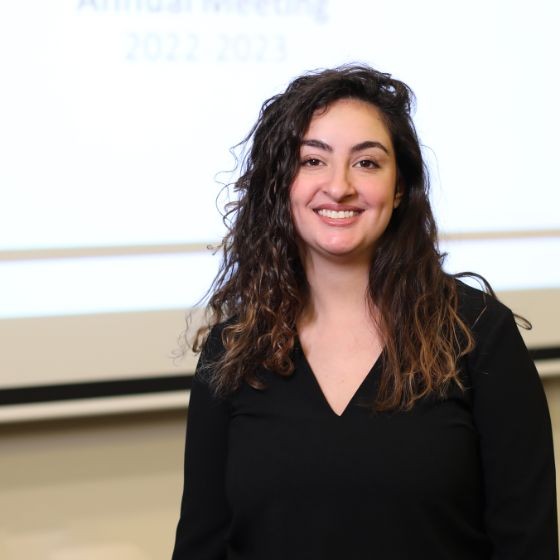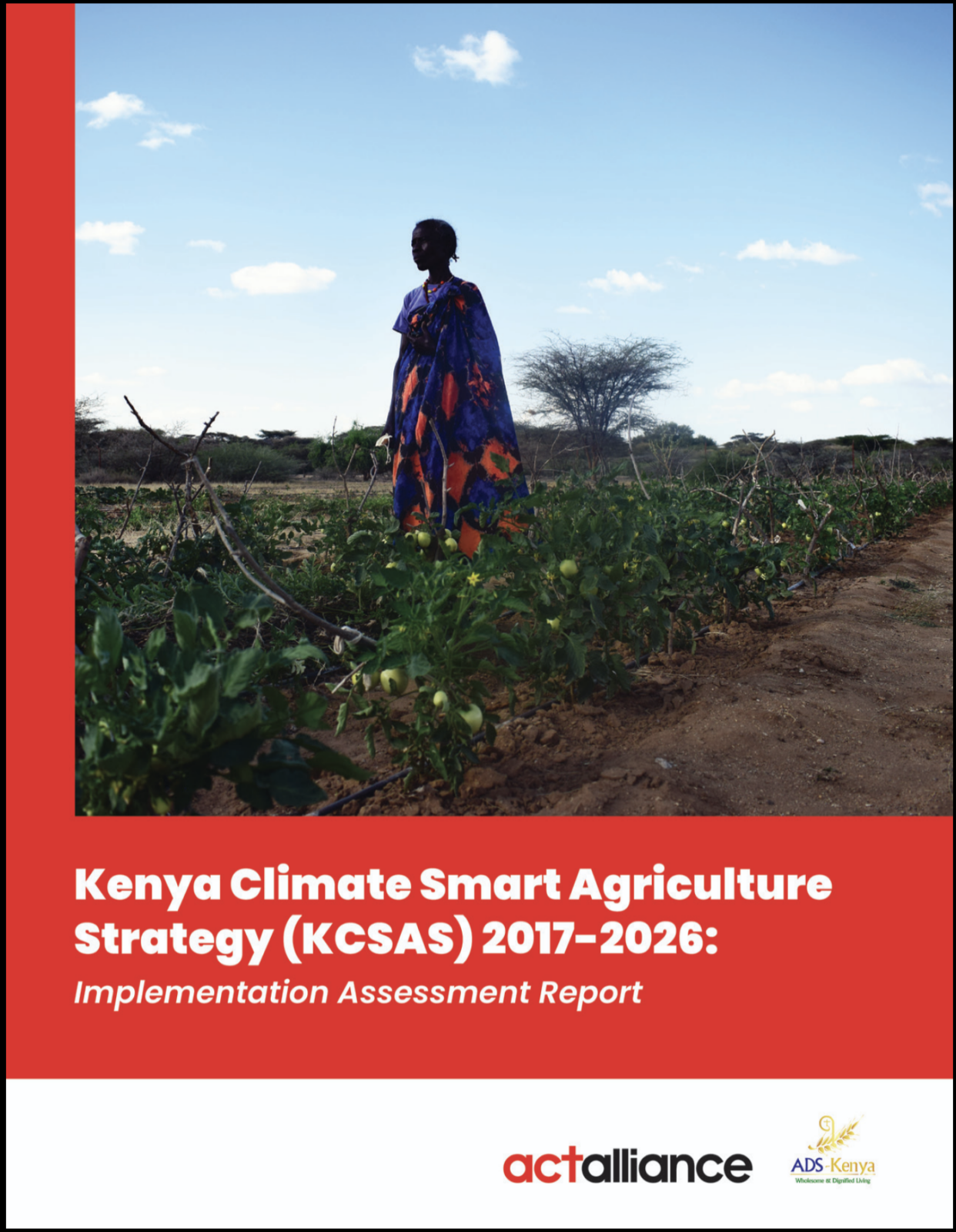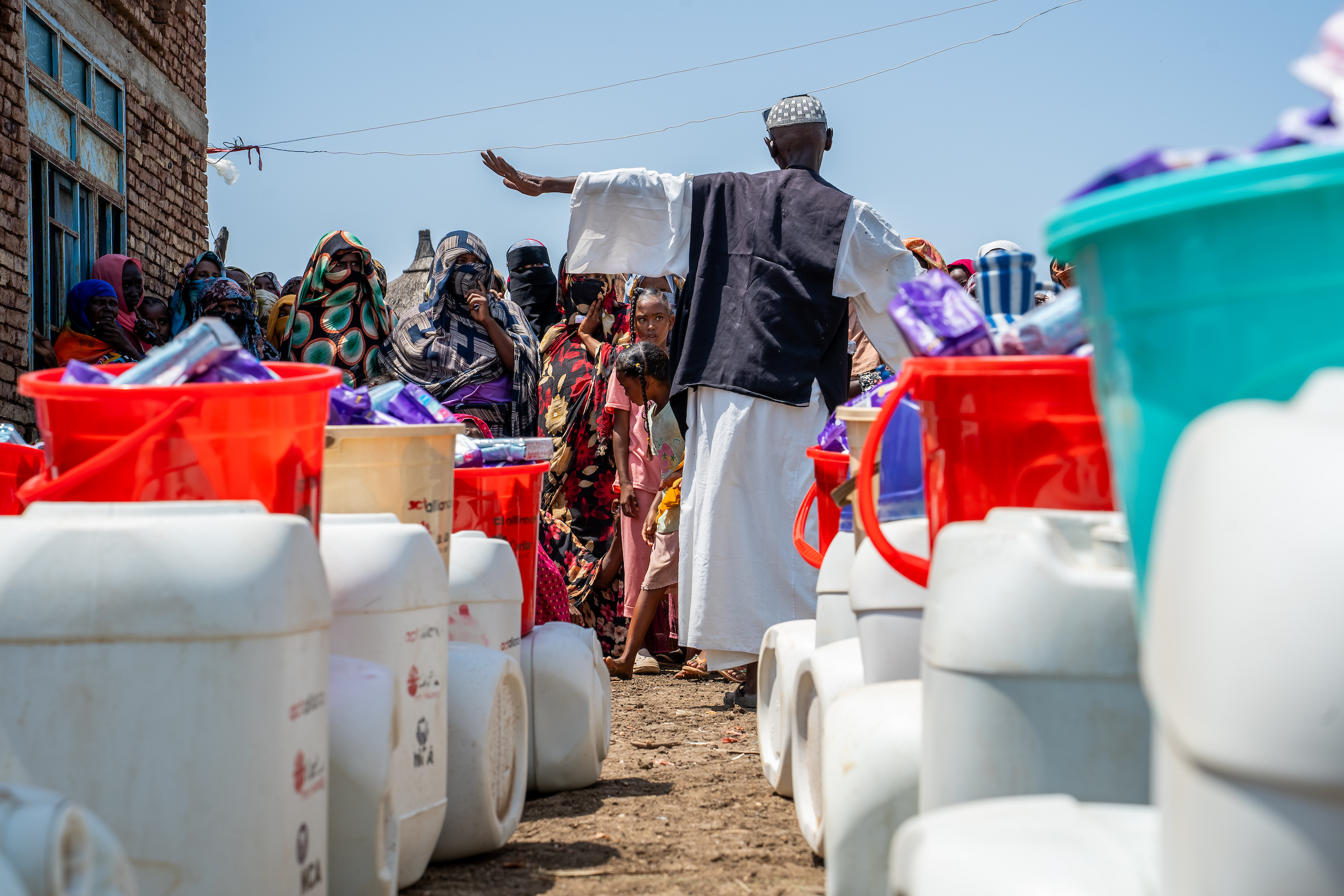Amid financial cuts and shrinking budgets, the ability to mobilise resources has never been more critical. Strengthening fundraising skills is essential to help organisations sustain their programmes and continue serving vulnerable communities despite mounting competition for limited funds.
In recognition of these challenges, the ACT Alliance Egypt Forum successfully hosted a three-day Resource Mobilization Workshop in Cairo from 11–13 August. Co-organized by ACT and generously supported by Diakonia Sweden through the Ismailia Diocesan Development Office (IDDO), the event brought together 25 participants from across the Middle East and North Africa. Representatives from ACT Alliance members and partner organizations explored ways to strengthen their resource mobilization capacity and deepen regional collaboration. Core sessions focused on developing effective fundraising strategies, crafting compelling proposals, and building strong consortiums to enhance joint resource mobilization efforts.
“No matter how many years you served and how many learning experiences you were involved in, there is always room for something new to learn. Thank you for this new learning which added to my experiences and values”Fares Swais DSPR Jordan, Executive Director
The opening day explored the essential building blocks of an effective fundraising strategy and how to design a strategy that delivers lasting impact. Through a two-step analysis –combining project portfolio assessment with SWOT – participants were encouraged to think creatively about their organisations’ strengths. Working in groups, they examined their current funding environment, identified key priorities, and began shaping strategic approaches to diversify and strengthen their funding portfolios.
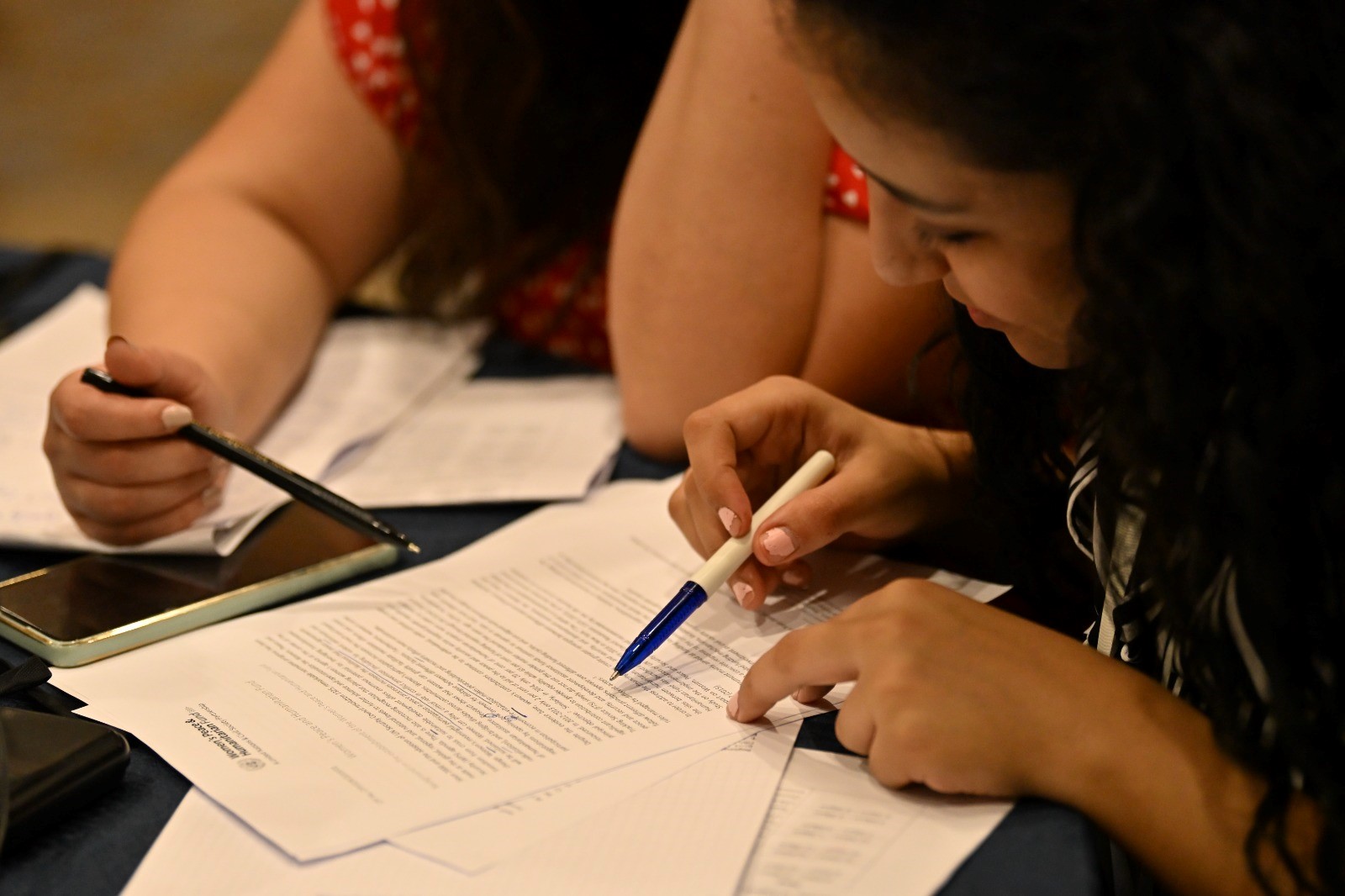
The workshop was a great opportunity for us to develop our skills in developing a resource mobilization strategyRomany Abd Elshahed IDDO Program Manager
On the second day, participants explored what makes a proposal stand out through interactive sessions and lively group discussions. They focused on mastering the Theory of Change (ToC) and the Logframe Approach (LFA), with hands-on exercises enabling them to apply these tools directly to proposal outlines. The sessions also highlighted innovative proposal design, effective donor engagement strategies, and positioning techniques to succeed in competitive funding environments.
The final day centred on collaborative approaches to resource mobilisation, examining the drivers, benefits, and challenges of working in consortiums. Practical exercises saw participants designing their “dream consortium” and exploring governance models, MEAL (Monitoring, Evaluation, Accountability, and Learning) structures, and cost-benefit considerations. The workshop concluded with an engaging talk from a guest speaker from YMCA Palestine, who shared real-world experiences of both the successes and challenges of building and sustaining effective consortiums.
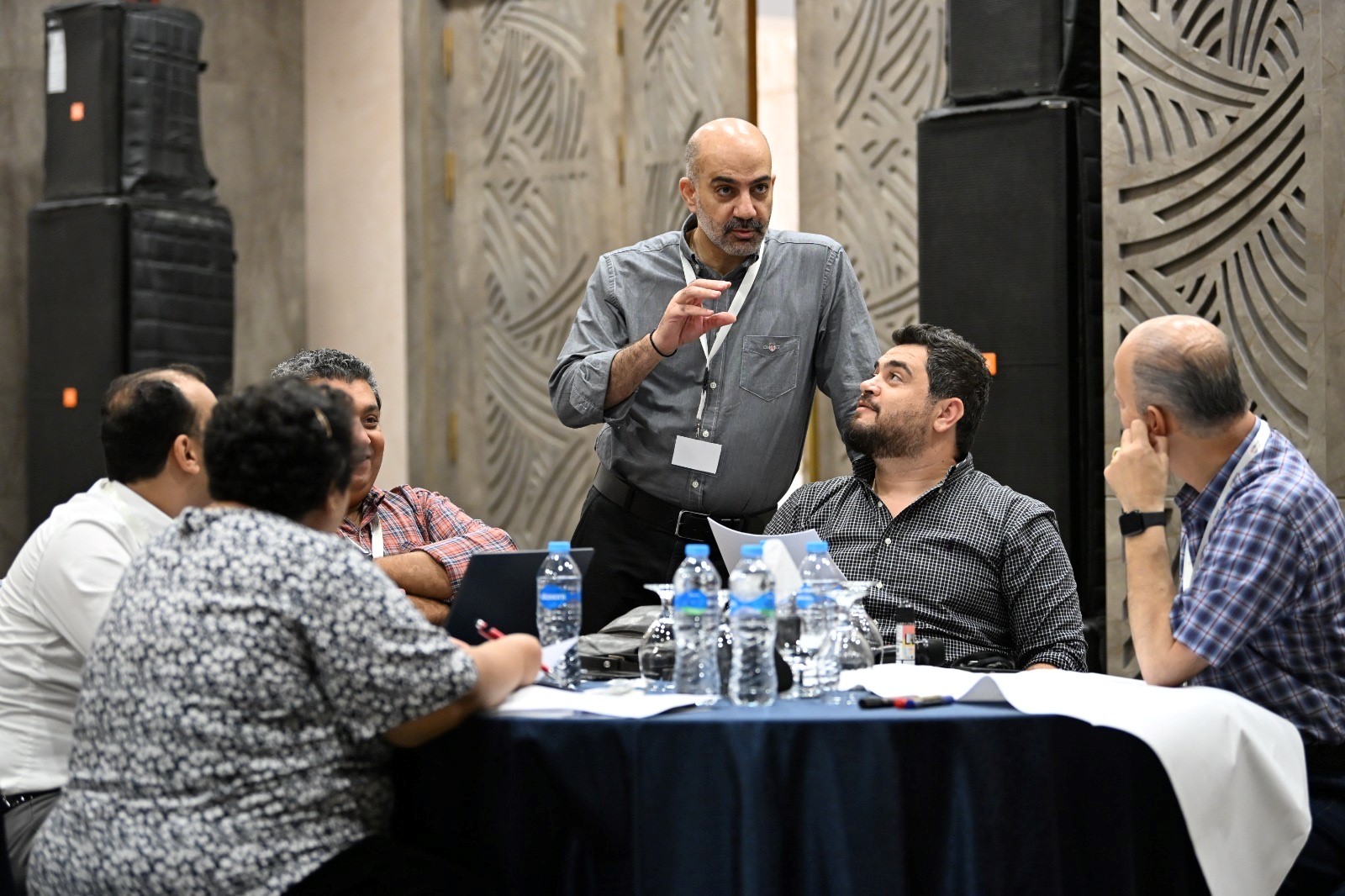
It was an extremely useful training opportunity. Although – due to my involvement in the fundraising field for several years in CEOSS – I am quite familiar with most of the concepts addressed, however, the training helped me perceive them with more insight, depth, and applicability. Thank you for the excellent opportunity!Rania Rashed CEOSS, Fundraising manger
Key Takeaways:
- Equipped participants with actionable strategies for building and sustaining donor relationships, while sharpening their ability to position their organisations for success in highly competitive funding landscapes.
- Created space for rich exchanges between ACT Alliance members and partners across MENA, sparking cross-border collaboration and innovative, shared solutions to common resource mobilisation challenges.
- Delivered practical, real-world tips on donor engagement, reframing fundraising as an ongoing relationship built on trust, mutual understanding, and shared vision.
- Provided fresh ideas and ready-to-use tools, enabling participants to approach fundraising with greater clarity, creativity, and confidence.
This workshop was more than a training – it was a catalyst for peer learning and the forging of strong regional connections, reinforcing ACT Alliance’s commitment to enhancing members’ capacity to mobilise resources for impactful humanitarian, development, and advocacy initiatives

